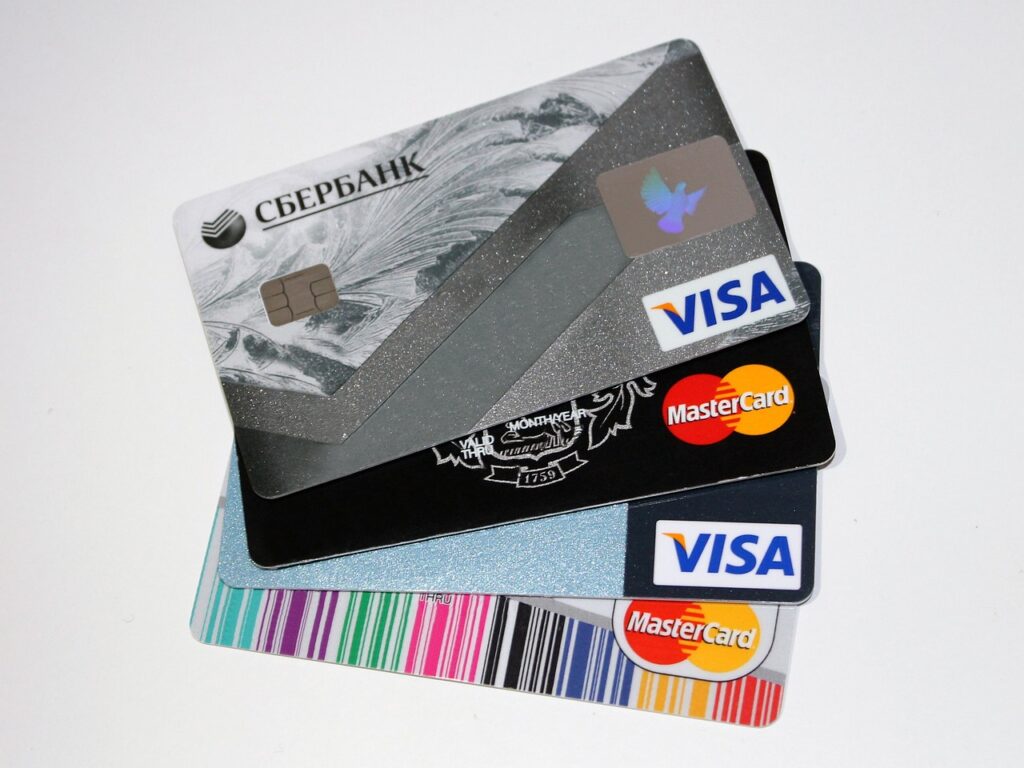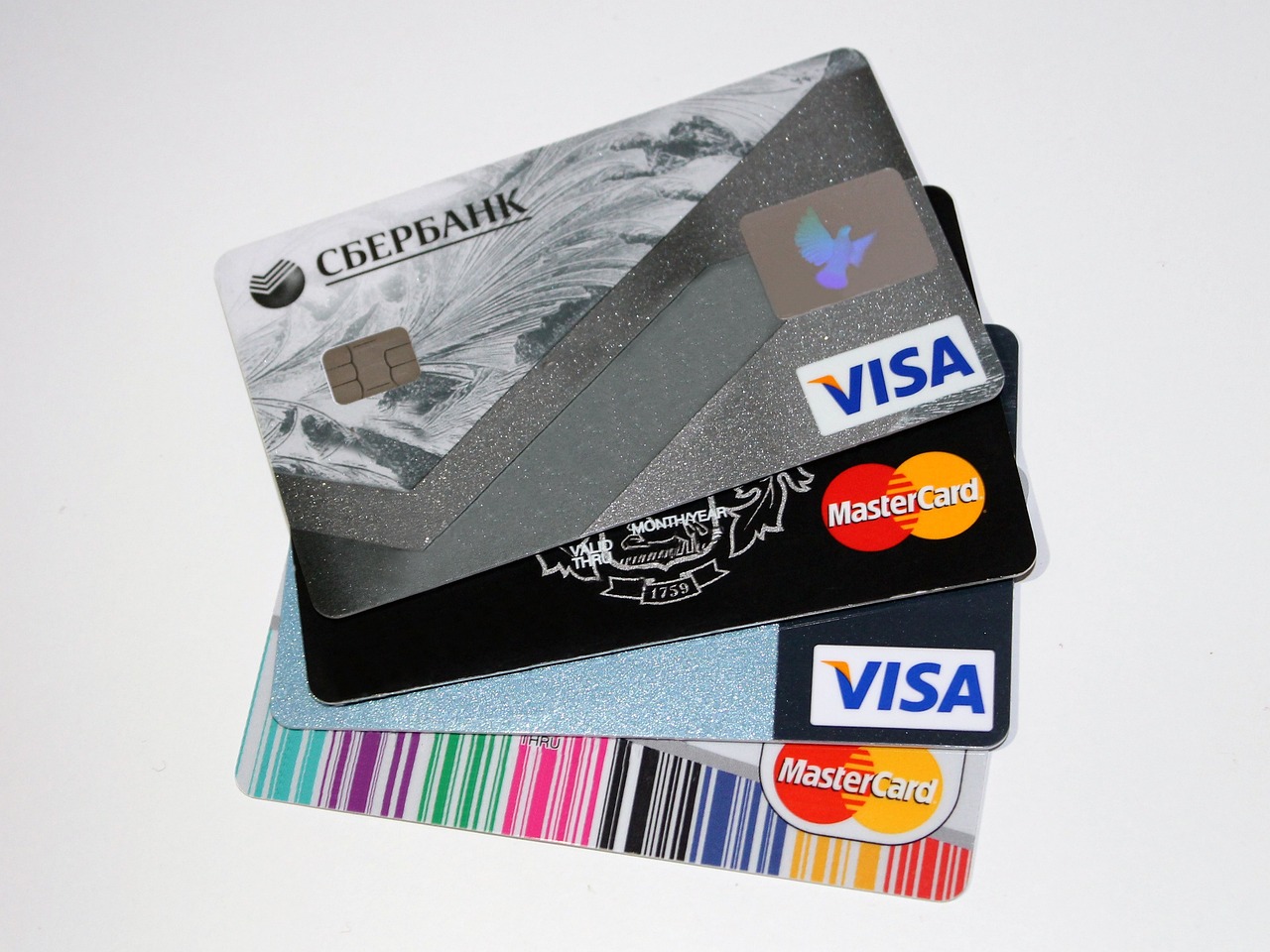Introduction
Verizon Wireless is one of the leading telecom providers in the United States, offering a range of plans, devices, and services. Whether you are looking to sign up for a new plan, upgrade your existing one, or finance a new phone, Verizon Wireless may need to run a credit check as part of their process. A credit check helps Verizon assess your ability to pay for services and whether you qualify for certain promotions or financing options.
In this comprehensive guide, we will explore what it means for Verizon to run your credit, why it’s necessary, what impacts your credit score, and how to manage your credit when applying for a new service with Verizon Wireless.

Why Does Verizon Wireless Run a Credit Check?
When you apply for a new Verizon Wireless account, whether you’re seeking a new phone, a data plan, or home internet services, Verizon will typically run a credit check to assess your financial responsibility. This check helps Verizon determine several key factors:
1. Risk Assessment
Verizon uses your credit report to assess the risk of providing services to you. If your credit score is high, Verizon may feel confident in extending credit or offering a payment plan for devices. A lower credit score, however, may indicate higher risk, and Verizon might require a deposit or offer you a prepaid plan instead.
2. Eligibility for Promotions and Financing
Verizon often has promotional deals or financing options for phones, such as zero-down payment plans or monthly installment payments. To qualify for these deals, Verizon typically requires a solid credit score. If your score is low, you might not be eligible for these financing options and may need to pay for the phone upfront or look for other financing alternatives.
3. Service Activation
Verizon’s credit check also determines your eligibility for postpaid services. With a postpaid plan, you pay for your services after you use them, which means Verizon needs to ensure you have a reliable payment history. If your credit is insufficient, you might be asked to opt for a prepaid plan instead, where services are paid for upfront.
4. Security Deposit
If Verizon deems your credit to be at high risk, you might be required to pay a security deposit. This deposit serves as a form of insurance for Verizon in case you are unable to pay your bills on time. The deposit amount varies depending on your credit score and can be refunded after a period of consistent on-time payments.
Types of Credit Checks Verizon Wireless Might Run
Verizon can run two types of credit checks during the application process: a soft inquiry and a hard inquiry.
1. Soft Inquiry
A soft inquiry does not affect your credit score. It is a preliminary check that Verizon might run when you’re simply checking eligibility for a specific plan or service. This type of check allows Verizon to get a sense of your creditworthiness without impacting your credit score. Soft inquiries are typically used when you’re shopping around for services, such as comparing mobile plans or looking at available device options.
2. Hard Inquiry
A hard inquiry, on the other hand, does affect your credit score. Verizon will likely conduct a hard inquiry when you apply for a postpaid plan, purchase a phone through Verizon financing, or ask for a payment plan. A hard inquiry indicates to lenders that you are applying for credit, and while one or two hard inquiries generally have a small impact on your credit score, multiple inquiries in a short time frame can lower your score. Therefore, it’s important to be mindful of the number of hard inquiries you have, especially if you’re planning to make other large purchases or credit applications soon after.
How Verizon Wireless Determines Your Creditworthiness
When Verizon runs your credit, it’s not just about your credit score; they consider multiple factors. Let’s take a closer look at what Verizon evaluates when assessing your creditworthiness:
1. Your Credit Score
Your credit score is one of the most important factors Verizon considers. The higher your score, the more likely you are to qualify for premium plans, financing offers, and promotions. Verizon typically uses the FICO score, which ranges from 300 to 850. The breakdown of scores is as follows:
- Excellent (750 and above): You’re likely to get approved for most services and receive premium offers.
- Good (700-749): You’ll probably qualify for standard plans and some promotions.
- Fair (650-699): You may need to pay a deposit or opt for a prepaid plan.
- Poor (649 and below): You might be restricted to prepaid plans or be required to pay a high deposit.
2. Payment History
Verizon also looks at your payment history. This includes whether you’ve consistently paid your bills on time, including credit cards, loans, and previous telecom services. A strong payment history suggests you’re responsible with money and may qualify for better offers.
3. Debt-to-Income Ratio
Verizon may consider your debt-to-income ratio. If you have a lot of outstanding debt compared to your income, Verizon might be more cautious in extending credit or offering financing. This is especially true if you have a lot of existing accounts with other service providers.
4. Recent Activity
Verizon will also look at any recent credit activity. This includes new credit accounts, recent inquiries, or bankruptcies. If you’ve recently opened multiple accounts or missed several payments, Verizon might see you as a higher risk.
What Can Affect Your Credit Score When You Apply for Verizon Wireless?
Several factors can impact your credit score before and after you apply for Verizon Wireless services. These factors include:
1. Credit Utilization
Your credit utilization rate is the ratio of your total credit card balances to your total available credit. If you’re using a high percentage of your available credit, this can lower your score. Keeping your credit utilization below 30% is considered ideal.
2. Late Payments
Late payments or missed payments on existing debts or bills can negatively affect your credit score. If you have a history of late payments, Verizon may require you to pay a deposit or limit your financing options.
3. Credit Inquiries
As mentioned earlier, each time Verizon runs a hard inquiry, it can have a temporary negative impact on your credit score. Multiple hard inquiries in a short time can signal that you’re struggling financially and may affect your ability to qualify for credit.
4. Outstanding Debts
If you have outstanding debts, especially in the form of collections or charge-offs, Verizon may view you as a high-risk customer. It’s crucial to pay off or settle any collections or overdue balances before applying for a new Verizon Wireless plan to ensure the best possible outcome.
How to Improve Your Credit Before Applying for Verizon Wireless
If you know your credit score is low and are concerned about Verizon’s credit check, there are steps you can take to improve your credit before applying:
1. Check Your Credit Report
Start by reviewing your credit report to ensure all information is accurate. You’re entitled to a free credit report from each of the three major credit bureaus—Equifax, Experian, and TransUnion—once per year through AnnualCreditReport.com. If there are any errors, dispute them to have them corrected.
2. Pay Down Debt
Paying down high-interest debt, especially credit cards, will help improve your credit utilization ratio and overall credit score. Try to keep your credit card balances low, ideally below 30% of your available credit.
3. Make Timely Payments
Ensure that you’re making all of your payments on time, including credit cards, loans, and utility bills. If you’ve missed payments in the past, work on catching up and making regular, timely payments moving forward.
4. Limit Credit Inquiries
Before applying for Verizon Wireless, try to avoid taking on new credit or having too many inquiries within a short period. Multiple hard inquiries can reduce your credit score and make it harder to get approved.
Alternatives to Running a Credit Check for Verizon Wireless
If you’re concerned about Verizon running your credit, there are a few alternatives you might consider:
1. Prepaid Plans
Verizon offers prepaid plans that don’t require a credit check. With a prepaid plan, you pay for your service upfront each month, so Verizon doesn’t need to assess your creditworthiness.
2. Bring Your Own Device (BYOD)
If you already own a phone and simply need to switch your carrier to Verizon, you can bring your own device to avoid financing a new one. Verizon will still need to run a credit check for service activation, but it won’t be tied to a phone purchase.
3. Co-signer or Deposit
If you have poor credit but want to avoid a prepaid plan, you may be able to have a co-signer with better credit or pay a security deposit to bypass the credit check.
Conclusion
Running a credit check for Verizon Wireless is a standard part of the application process for postpaid plans, device financing, and certain promotions. While Verizon evaluates several factors, your credit score, payment history, and debt-to-income ratio are among the most important. Understanding how the process works and taking steps to improve your credit score can help you qualify for the best Verizon plans and offers.
If you’re not ready for a credit check, consider alternatives such as prepaid plans or bringing your own device to Verizon to avoid the need for credit approval.
By staying informed and proactive about your credit, you can enjoy the services Verizon offers without the hassle of unexpected credit decisions.

